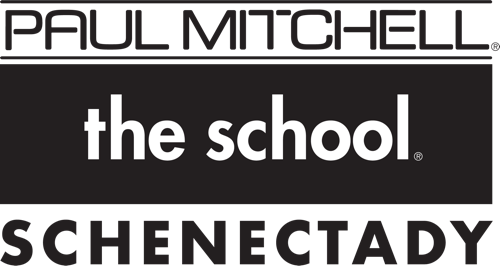Skip to main content
- Purpose: Paul Mitchell The School Schenectady (“School”) is committed to maintaining a working and learning environment that provides for a safe and inclusive environment that is free from bullying, harassment, and intimidation.
- Scope: This policy applies to anyone who engages in bullying, harassment, and intimidation on School property, at School activities, or through electronic communication (via cell phones, computers, or other electronic devices) using School resources, including School-provided internet or online learning platforms. As described below in Item 8, conduct that is prohibited by federal law is addressed by the School’s Anti-Discrimination, Harassment, and Retaliation Policy.
- Definitions:
- Bullying, Harassment, and Intimidation: Any severe or pervasive physical, written, or verbal act or conduct (including electronic communications) by one individual or a group of individuals that has or can reasonably be predicted to have the effect of one or more of the following:
- Causing a reasonable person to feel scared or fear harm to themselves or their property;
- Causing a reasonable person to experience a detrimental effect on their physical or mental health;
- Causing a reasonable person to experience interference with their academic performance; or
- Causing a reasonable person to experience interference with their ability to participate in or benefit from the services, activities, or privileges provided by the School.
- Retaliation: An adverse action taken by threatening, intimidating, coercing, harassing, or discriminating against any individual for the purpose of interfering with any right or privilege secured by law or policy or because the individual has made a report, complaint, testified, assisted, participated, or refused to participate in a manner in an investigation, proceeding, or hearing under this policy.
- Prohibited Conduct:
- Students and staff may not engage in behavior that constitutes bullying, harassment, and intimidation as defined in this policy. Such behavior includes, but is not limited, to direct physical contact like hitting or shoving, damaging or destroying a person’s work product or personal property, verbal or written attacks like name calling or teasing, social isolation or manipulation, and cyberbullying.
- Students and staff may not engage in retaliation against an individual for reporting behavior that may violate this policy or participating in an investigation pursuant to this policy.
- Investigation: Allegations of any policy violation will be investigated and handled appropriately based upon the findings. The Director or a designee will review the reported behavior and speak to the necessary individuals and collect the necessary information to determine if it is more likely than not (greater than a 50% chance) that the prohibited behavior occurred. In certain circumstances, it will be possible to address the behavior informally. An informal response may include coaching, mediation, or other informal resolution options.
Administration will take prompt, equitable, and remedial action (including but not limited to requiring sensitivity training, probation, suspension, expulsion, or termination) on all reports and complaints that come to the attention of School personnel, either formally or informally. The School may also provide supportive measures to the reporting party to address the effects of the bullying, harassment, and intimidation.
- Sanctioning: If an individual or group of individuals has been determined based on a preponderance of the evidence standard to have engaged in behavior that violates this policy, the responsible individual(s) may be subject to disciplinary action up to and including termination.It is important to note that termination may not result from every report or finding of behavior that violates this policy. An individual may also have their access to School property restricted. The School will also determine if it is appropriate to provide supportive measures to the reporting party.In certain circumstances the School may not have the ability to sanction the responsible party (i.e., third-parties, former students and staff), but could still provide supportive measures to the reporting party. If warranted, the School will report any criminal activity to the appropriate law enforcement agency.
- Reporting: The School expects students and/or staff to immediately report incidents of bullying, harassment, and intimidation to the Director. Staff who witness or become aware of such acts should take immediate steps to intervene when it is safe to do so. Each report of bullying will be promptly investigated. Employees who fail to take prompt action to report allegations or violation(s) of this policy may be subject to disciplinary action up to and including termination.
- Related Policies: Any conduct that is based on a protected class status (race, color, national origin, sex, disability, etc.) is covered by the Protected Class Non-Discrimination Policy and Procedures. However, to the extent that the conduct does not rise to the level of conduct covered by the Protected Class Non-Discrimination Policy and Procedures, this policy will apply.
- Privacy: The School will respect the privacy of the reporting party and the individual(s) against whom the complaint is filed to the extent possible, consistent with the School’s legal obligations, state laws and policies, and the necessity to investigate the allegations and take disciplinary and/or restorative action to resolve the problem. The School will also respect, to the extent possible, requests for confidentiality made by the reporting party.
- Resources:
For a list of state anti-bullying laws and policies please go to: www.stopbullying.gov
For a list of federal anti-discrimination laws and policies protecting employees, please go to:
https://www.ftc.gov/site-information/no-fear-act/protections-against-discrimination
For a list of federal anti-discrimination laws and policies protecting students, please go to:
https://www.justice.gov/crt/types-educational-opportunities-discrimination
